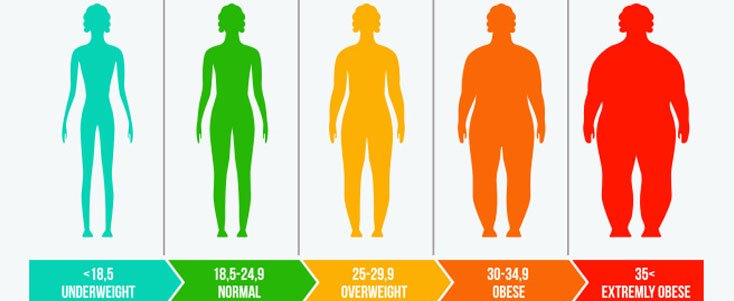
You eat like your friends but gain faster, hold more, and lose slower
You order the same meal. Eat the same portion. Walk the same path home. Yet somehow, your jeans feel tighter. Theirs don’t. You’ve heard it’s about willpower. But your body isn’t following the same rules. You snack less. Sleep more. But the numbers still climb. That disconnect often begins in the DNA, not in the kitchen.
You learn that over 400 genes have been linked to body weight and fat distribution
Science doesn’t point to one obesity gene. It points to hundreds. Each with small effects. Some affect hunger. Some fat storage. Others impact insulin. Together, they shape how your body responds to food, stress, and movement. Your body listens to your genes long before it listens to your diet.
You discover that certain genetic types make you more prone to feel hungry more often
Some people feel full longer. Their ghrelin—the hunger hormone—rises slowly. Yours may spike faster. Some genes signal satiety late. You finish meals still searching for something. That’s not weakness. That’s wiring. Your appetite isn’t broken. It’s just louder.
You read about FTO, the most studied gene in obesity, and realize you might carry it unknowingly
The FTO gene affects appetite regulation and food preference. One variant increases hunger. Makes you crave energy-dense foods. Carbs. Fats. People with this variant often prefer fast-reward meals. That doesn’t mean destiny. But it means challenge. It’s like running uphill when others are walking flat.
You start to understand that storing fat is an evolutionary adaptation, not a moral failure
In ancient times, fat meant survival. Those who stored better lived longer during famine. Today, those same genes clash with abundance. Your body is still preparing for winters that never come. It holds calories tightly. That thriftiness once saved lives. Now, it just stays on the scale.
You realize two people with the same weight may store it in very different ways
Genetics influence where fat settles. Some carry more around the abdomen. Others in hips or thighs. Visceral fat—deep and dangerous—is more genetically determined. It increases risks even when weight seems normal. Your shape isn’t random. It’s inherited.
You wonder if exercise is enough, and find out genetics affect response to that too
Some people gain muscle quickly. Others burn fat faster. You may not. That’s not effort. That’s response. Genetic differences shape how your body reacts to exercise. Your neighbor drops kilos with walking. You run daily and stall. Different blueprints. Same effort. Unequal result.
You explore family history and find obesity, diabetes, and heart disease tracing back generations
Your story didn’t start with you. It lives in family photos. Hospital records. Shared meals. You may inherit more than eye color. Insulin resistance. Slow metabolism. High cholesterol. It’s not fate—but it’s context. A starting point you didn’t choose.
You ask if DNA testing helps, and learn that personalized plans may matter more than generic advice
Genetic testing can reveal predispositions. But the power lies in adjustment. Knowing you crave late-night carbs helps you plan better. Not punish yourself. A diet built for your body’s language works better than one built for trends.
You feel shame lifting when you understand that weight isn’t a reflection of effort alone
You tried the same diets. Drank the same water. Slept the same hours. Still, it didn’t add up. Because the rules weren’t written for your body. Genetics explain the resistance. They don’t excuse it—but they soften the blame. You weren’t doing it wrong. You were doing it differently.
You stop chasing thinness and start building health within the limits of your genetic code
You may never be a size two. That doesn’t mean unhealthy. Or unsuccessful. Health comes in many forms. Weight is just one signal. And it’s a signal influenced by forces you can’t fully control—but can learn to navigate.
You realize you’re not stuck with your genes, but you do have to work with them
Genes load the gun. Environment pulls the trigger. But behavior shapes the aim. You can’t edit your DNA. But you can respond to it. With awareness. With support. With compassion. Health isn’t about fighting your genes. It’s about understanding them—and moving from there.
